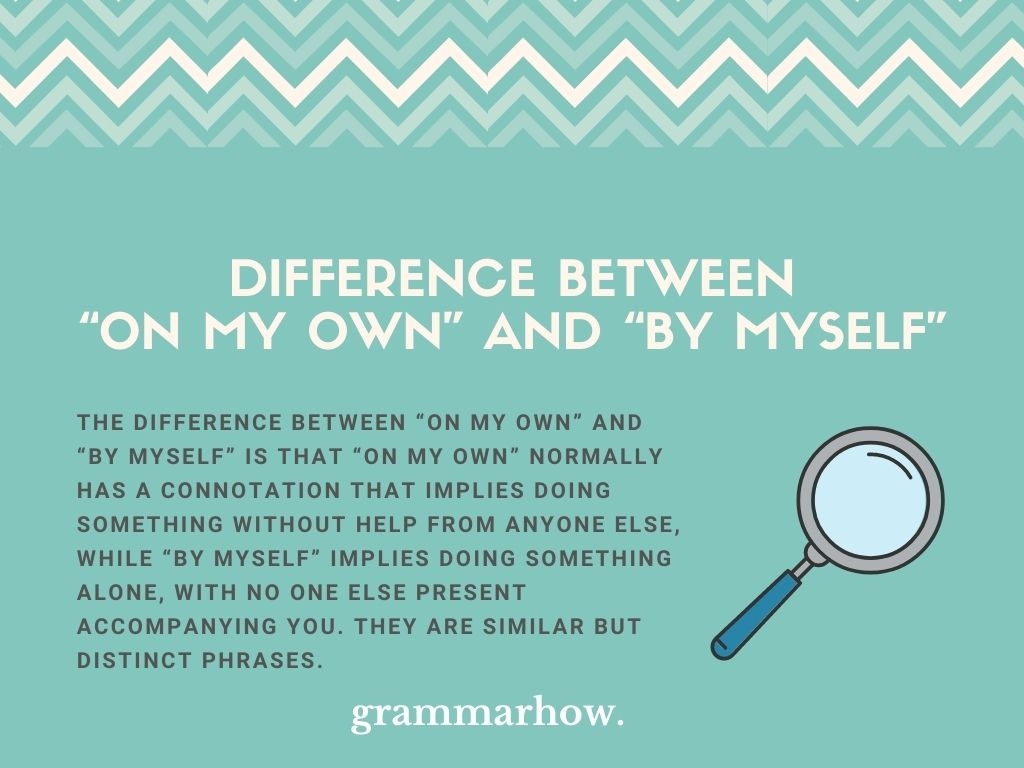Understanding when to use “myself” and “I” in a sentence can be confusing for many people. While both words refer to oneself, they are used in different contexts and have different grammatical functions. Let’s explore the differences between “myself” and “I” to ensure proper usage in writing and speaking.
Many individuals tend to use “myself” as a subject pronoun in a sentence, when in fact, “I” should be used instead. It is important to understand that “myself” is a reflexive pronoun, which means it should only be used when the subject of the sentence is also the object of the verb. On the other hand, “I” is a subject pronoun and should be used when the subject of the sentence is performing the action.
For example, consider the sentence: “I will take care of it myself.” In this case, “myself” is used correctly as it refers back to the subject “I,” who is also the one performing the action of taking care of something. However, using “myself” in a sentence like “Myself and John will go to the store” is incorrect, as “I” should be used instead to indicate the subject performing the action.
Another common mistake is using “myself” for emphasis in a sentence, when a simple “I” would suffice. While “myself” can be used for emphasis, it is important to ensure that its usage is appropriate and not redundant. For instance, saying “I did it myself” is correct, as it emphasizes that the action was performed by the speaker. However, using “myself” in a sentence like “John and myself did it” is incorrect, as “I” should be used instead.
In conclusion, understanding the difference between “myself” and “I” is crucial for proper grammar usage. Remember that “myself” is a reflexive pronoun used when the subject of the sentence is also the object of the verb, while “I” is a subject pronoun used when the subject is performing the action. By paying attention to the context and function of each word, you can ensure that your writing and speaking are clear and grammatically correct.
